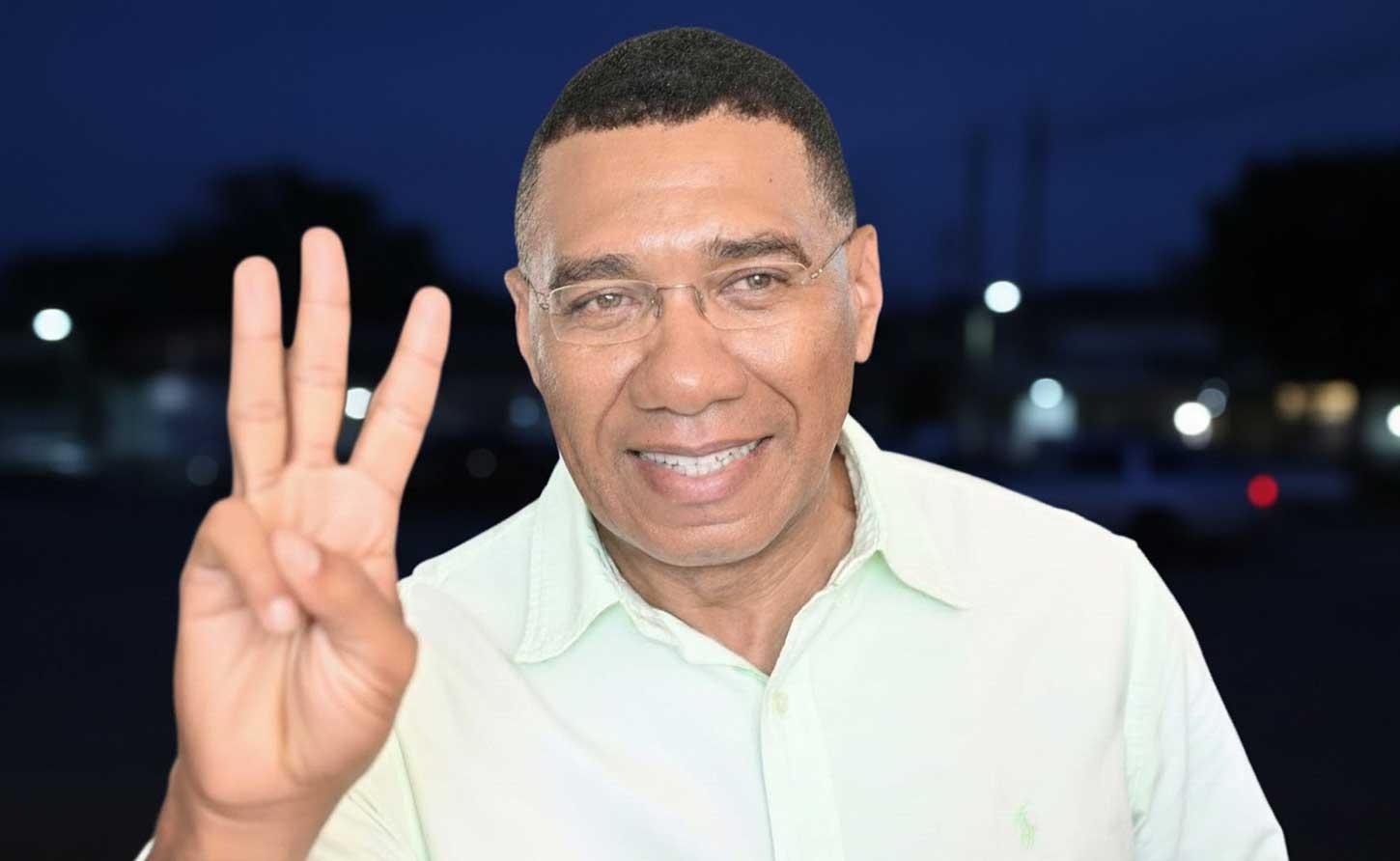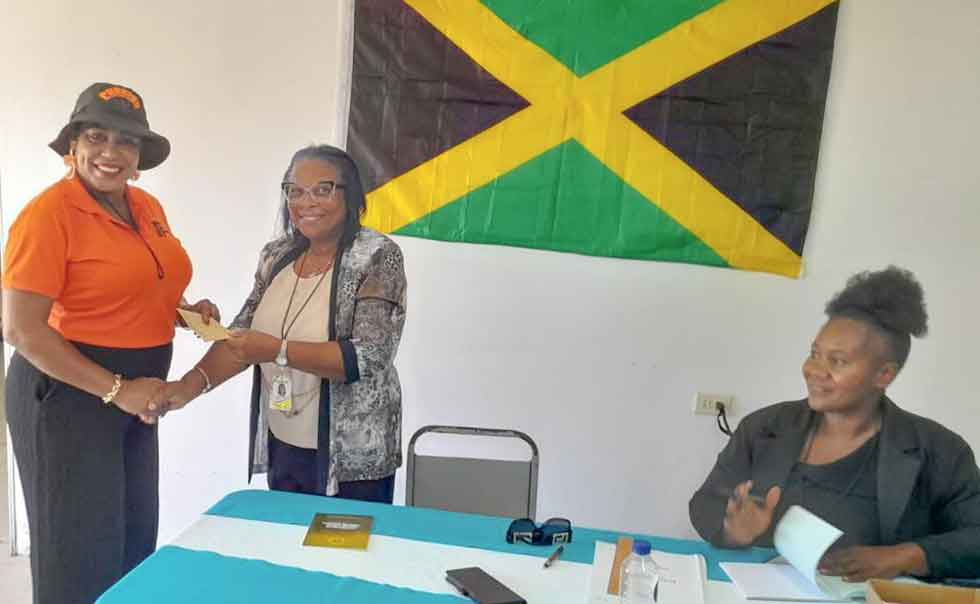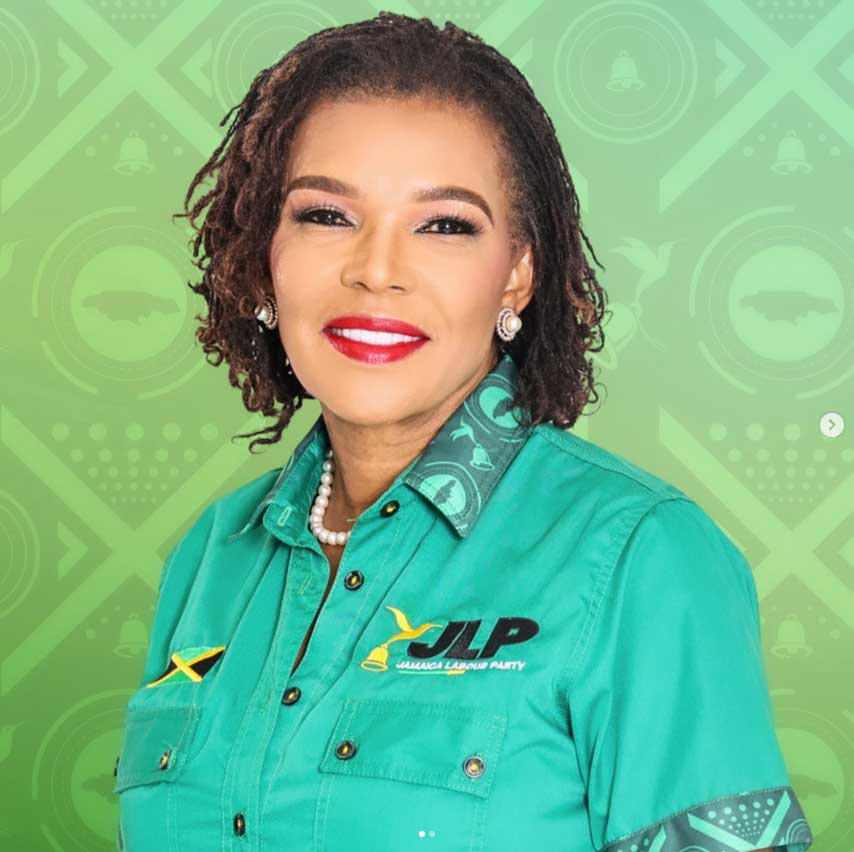JAMAICA | The Silent Majority: Inside Jamaica's Democratic Paradox and the New Faces Who Must Navigate It

MONTEGO BAY, Jamaica, September 4, 2025 - Andrew Holness stood before Jamaica on Wednesday night, having achieved what no Jamaica Labour Party leader had accomplished in 81 years—a third consecutive electoral victory.
Yet, as he as Prime Minister prepares to potentially govern until 2030, extending what could become a 14-year dynasty, a haunting question lingers: what does it mean to win decisively when 60.5% of your citizens refuse to participate in choosing their government?
The numbers reveal a democracy in crisis. The JLP's 34 parliamentary seats to the PNP's 29 should have been cause for unbridled celebration. Instead, it exposes a system where roughly 1.26 million registered voters—enough to fill the National Stadium 35 times over—chose absence over action.
This wasn't mere voter apathy; it was a mass withdrawal that suggests something fundamental has broken in Jamaica's democratic machinery.
The intrigue begins with election day itself. Complaints of "slow voting" flooded social media as turnout crawled to just 14.8% by 11 a.m., eventually limping to 39.5% by close—a catastrophic decline from the 78.4% participation rate of 1980.
Were these delays mere administrative incompetence, or did they reveal something more unsettling about a system that seems almost designed to discourage participation? When working-class Jamaicans must choose between hourly wages and hours-long voting lines, democracy becomes a luxury rather than a right.
The Constitutional Ignorance Crisis
But the real scandal lies deeper. Here's Jamaica's untold crisis: approximately 90% of the population has little understanding of their constitutional rights or how their government actually functions. The Jamaican constitution—the foundation of the nation's democracy—isn't taught in schools.
Generations have emerged educated enough to work but too civically ignorant to participate meaningfully in their own governance.
This constitutional illiteracy transforms elections from informed choice into bewildering theater. Young Jamaicans view politics as an incomprehensible game played by elites, not recognizing how parliamentary representatives differ from local councillors, or understanding how their vote connects to crime rates, economic policy, or their children's education.
The JLP's touted 43% murder reduction and economic achievements might as well be spoken in a foreign language to citizens who don't grasp how government policies create such outcomes.
The New Guard Enters Parliament

The composition of these newcomers tells a fascinating story of two parties heading in dramatically different directions.
The People's National Party, despite losing the election, achieved a remarkable recruitment coup—13 of the 17 newcomers wear their colors, with six being women.
This influx begins in Western Jamaica, where Andrea Purkiss (Hanover Eastern) and Heatha Miller Bennett (Hanover Western) create an all-female PNP sweep of Hanover.
Their neighbor Nekeisha Burchell in St James Southern extends this feminine political power into Jamaica's tourism heartland.
Moving across the island, Zulieka Jess claimed St Elizabeth North Eastern while Yvonne Rose Shaw captured St Thomas Eastern, bookending the island with female PNP representation.
These five women, along with one more whose identity emerges from the count, represent more than electoral victories—they signal the PNP's strategic transformation through gender diversity.
The PNP's male recruits reveal equally strategic positioning. Alfred Dawes in St Catherine South Eastern brings name recognition to a crucial battleground parish.
Dennis Gordon's victory in St Andrew East Central places fresh PNP blood in the critical Kingston Metropolitan Area, while Steve McGregor's capture of Kingston Central—a constituency with deep political history—signals potential urban renewal for the opposition.
In rural constituencies, Isat Buchanan (Portland Eastern) and Kenneth Russell (St Ann South Eastern) suggest the party's renewal extends into historical and traditional PNP territories.
In fact, In was reminded that Buchanan is in a seat that was a PNP bastion held by Dr Donald Rhodd's father and himself Dr Lynval Bloomfield whose murder case is still unresolved, while Russell is representing the only constituency that has never changed hands since universal adult suffrage, dating back to the days of Dr Ivan Lloyd, Foggy Mullings, Aloun Asamba and later Lisa Hanna.

Contrast this with the Jamaica Labour Party's modest renewal. Despite their electoral triumph, only four JLP newcomers enter Parliament.
Audrey Marks in Manchester North Eastern stands as the lone female addition to JLP benches—a striking contrast to the PNP's gender surge that raises uncomfortable questions about the governing party's commitment to diverse representation despite electoral success.
The JLP's three male newcomers—Delano Seivwright (St Andrew North Central), Andrew Morris (St Elizabeth North Western), and Delroy Williams (Clarendon Central)—suggest targeted refreshment rather than wholesale renewal.
This limited new blood might reflect incumbent confidence, or it could reveal a complacency that may prove costly in future cycles.
Geography of Change
The geographic distribution of these 17 new faces maps Jamaica's political evolution. The PNP's dominance among newcomers spans 13 constituencies: from Hanover's dual female representation through St James, St Elizabeth, St Catherine, St Andrew, Kingston, Portland, St Ann, Clarendon, St Mary, to St Thomas. This breadth suggests grassroots renewal even in defeat.
The JLP's four scattered victories—Manchester, St Andrew, St Elizabeth, and Clarendon—appear more surgical, protecting key territories rather than expanding the map.
This conservative approach to candidate selection, while electorally successful, may hint at a party growing comfortable with power—always a dangerous development in democratic politics.
The Women's Revolution That Wasn't Televised
The most remarkable subplot involves the seven women entering Parliament—six PNP, one JLP. Purkiss, Bennett, Burchell, Jess, Shaw, and their PNP sister, alongside the JLP's Marks, represent the largest female cohort of newcomers in recent memory.
Yet this feminine surge comes primarily from the losing party, raising questions about whether Jamaica's political culture rewards traditional masculine politics even as voters seem ready for change.
These women inherit constituencies ranging from tourism-dependent St James to agricultural St Elizabeth, from urban Kingston adjacencies to rural St Thomas. Their presence could fundamentally alter parliamentary discourse, particularly on social issues affecting families, education, and community development—precisely the areas where constitutional ignorance most damages ordinary Jamaicans' lives.
The Mandate Paradox
Opposition leader Mark Golding's gracious concession praised the "maturity of Jamaica's democracy" in avoiding electoral violence. Yet what maturity exists when citizens are too disconnected to even feel passionate enough for conflict?
These 17 new faces—the 13 PNP and 4 JLP freshmen—will speak in a Parliament representing an increasingly hollow mandate, a government actively chosen by perhaps only one in five eligible Jamaicans.
The international implications stagger. When Prime Minister Holness meets with CARICOM colleagues, he represents a government whose democratic legitimacy grows increasingly questionable. How does Jamaica lecture anyone about democratic values when its own citizens abandon the polls in record numbers?
The Choice Ahead
The most troubling possibility: this democratic hollowing might suit those in power. A politically ignorant populace poses little challenge to incumbent authority. The JLP's potential 14-year rule could unfold with minimal scrutiny from citizens who don't understand what questions to ask.
These 17 new parliamentarians—from Alfred Dawes to Delroy Williams, from Andrea Purkiss to Audrey Marks—face a choice transcending party lines. They could perpetuate a system where democratic participation continues withering. Or they could champion radical civic education reform, demanding constitutional literacy become as fundamental as mathematics in Jamaica's schools.
The women particularly—Purkiss, Bennett, Burchell, Jess, Shaw, Marks, and their unidentified PNP colleague—representing diverse constituencies across both parties, could form an unprecedented cross-party alliance for civic education. Their fresh perspectives, unburdened by decades of parliamentary tradition, might catalyze the constitutional literacy movement Jamaica desperately needs.
Democracy at the Crossroads
As these 17 newcomers take their oaths—13 on opposition benches, 4 with the government—they inherit not just seats but a crisis of legitimacy threatening Jamaica's democratic future. The slow voting that plagued election day symbolizes a greater truth: Jamaica's democracy moves at the pace of its citizens' understanding, and that understanding has ground nearly to a halt.
Holness begins his third term with a question that should haunt every thinking Jamaican: In a democracy where most citizens don't understand how to participate meaningfully, who really holds power? The answer may determine whether Jamaica's democracy survives another generation or becomes a cautionary tale of how ignorance, not violence, ultimately kills democratic governance.
-30-
